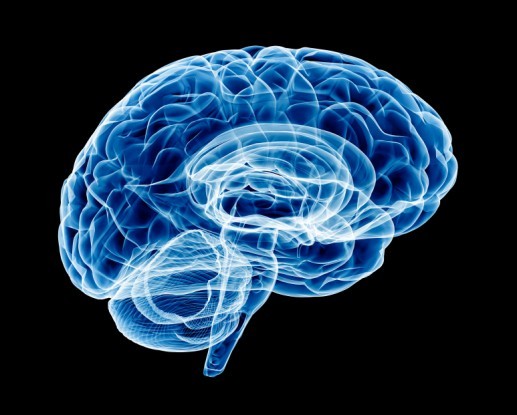Coming to Terms with Brain Injury

Living with a brain injury can be an isolating and stigmatizing ordeal. If you or someone you care about is suffering from a brain injury, know that you are not alone. As you work towards recovery, consider the following key facts:
1. Brain injuries are prevalent and come in various forms: According to the Brain Injury Society of Toronto, 50,000 Canadians suffer from brain injuries each year. A brain injury can take many forms ranging from a mild concussion during a hockey game to a fracture to the skull in a motor vehicle collision. In some cases, the injury is not caused by any sort of trauma; rather, it arises from a medical condition such as a stroke or an untreated brain infection.
2. Recovery from a brain injury is unpredictable: The human brain responds in unpredictable ways to brain injury. Most people with minor concussions recover quickly and fully. Others struggle for months or years. Similarly, while most victims of severe brain injuries are plagued by permanent and severe impairments, some go on to make excellent recoveries. Although recovery is unpredictable, we do know that young children, teenagers, and the elderly are at greater risk for poor outcomes from brain injuries.
3. Common symptoms of brain injuries: Brain injury victims report short term memory problems and difficulty with concentration and attention. Many complain of headaches as well as sensitivity to light and noise. Poor sleep and fatigue are also common issues. Often, victims experience low mood, irritability, and anxiety. These are all normal responses to brain injuries.
4. Medical attention is essential at the outset: If you suspect that you or someone you know is suffering from a brain injury, seek professional help. The best defence against a brain injury is prompt medical attention. A qualified health professional can diagnose the injury and set out a course of rehabilitation. In some cases, prompt diagnosis is the difference between life and death.
5. There are excellent resources for brain injury victims and families: A brain injury places an enormous amount of pressure on victims and families. A strong rehabilitation team is essential to recovery. Keep in mind that there are also informal support systems at your disposal. The Brain Injury Association of Canada and the Ontario Brain Injury Association can provide you with a wealth of information and direction. Many communities also have local brain injury support groups and associations.
